Johannesburg, South Africa - In a recent development that has significant implications for the global glass industry, the South African government has announced the initiation of an anti-dumping investigation on laminated glass imported from China. The move comes under the tax code 7007.29, which classifies laminated safety glass.
The decision to launch the investigation was prompted by concerns over the potential negative impact on local manufacturers due to the alleged dumping of Chinese laminated glass in the South African market. This type of glass is widely used in various sectors, including automotive, construction, and safety applications, making it a critical component in the country's economy.
Background of the Investigation
The initiation of this anti-dumping probe follows a pattern of similar actions taken by other countries against Chinese glass products. Over the past few years, there has been a growing trend of trade protectionism, with many nations seeking to safeguard their domestic industries from what they perceive as unfair competition from Chinese imports.
Economic Implications
The economic implications of this investigation are far-reaching. For South Africa, the outcome could lead to increased costs for consumers and businesses that rely on laminated glass for their operations. This is because if the investigation concludes that Chinese imports are indeed being dumped, it could result in the imposition of duties on these imports, thereby raising their prices.
On the other hand, the local glass industry in South Africa could potentially benefit from such a decision, as it may lead to a level playing field and increased demand for their products. However, this could also stifle innovation and competition, which are essential for the growth and development of any industry.
Global Trade Dynamics
The global trade dynamics are complex, and this investigation is a reflection of the ongoing tensions between free trade and protectionist policies. China, being one of the world's largest producers of laminated glass, has been a subject of scrutiny due to its competitive pricing and large-scale production capabilities.
Impact on Chinese Exports
For China, the potential imposition of anti-dumping duties could significantly impact its exports to South Africa. The country has been investing heavily in the glass industry, and any restrictions could hinder its growth and market expansion plans. Moreover, it could also lead to a shift in trade patterns, with Chinese manufacturers seeking alternative markets for their products.
Legal and Regulatory Aspects
The legal and regulatory aspects of this investigation are also noteworthy. The World Trade Organization (WTO) has strict rules regarding anti-dumping measures, and any action taken by South Africa must be in compliance with these rules. The investigation process is expected to be thorough, with both the South African government and Chinese exporters having the opportunity to present their cases.
Stakeholder Reactions
Stakeholders on both sides of the issue have expressed their concerns and expectations. South African manufacturers are hopeful that the investigation will result in a fair resolution that protects their interests, while Chinese exporters are likely to argue that their pricing is a result of economies of scale and not dumping.
Future Outlook
The future outlook for this investigation is uncertain, as it will depend on the findings and the subsequent actions taken by the South African government. It is clear, however, that the outcome will have a significant impact on the global glass industry and the trade relations between South Africa and China.
The initiation of the anti-dumping investigation on Chinese laminated glass under tax code 7007.29 is a critical development in the ongoing narrative of global trade. It highlights the complexities of international trade relations and the challenges faced by countries in balancing the interests of their domestic industries with the principles of free trade. As the investigation unfolds, it will be closely watched by the global business community, with the potential to shape the future of the glass industry and international trade policies.
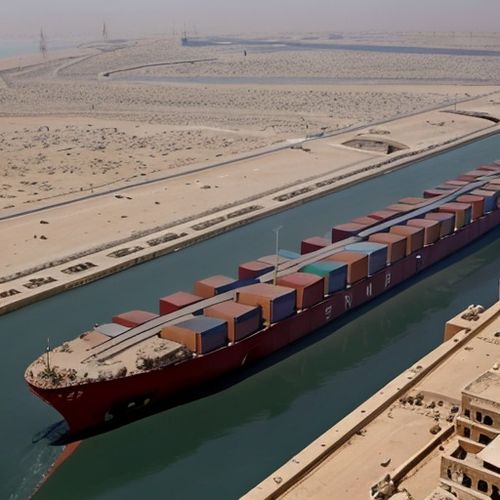
By Sophia Lewis/Apr 5, 2025
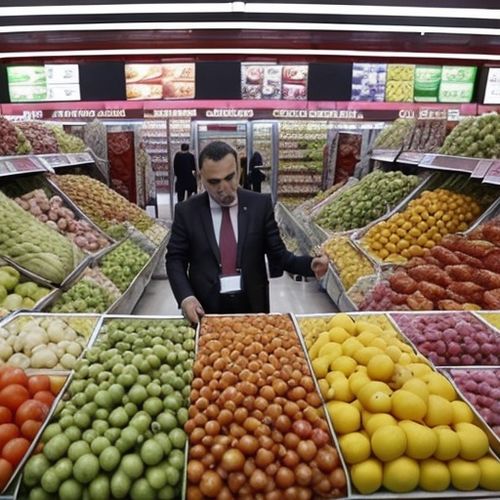
By Jessica Lee/Apr 5, 2025
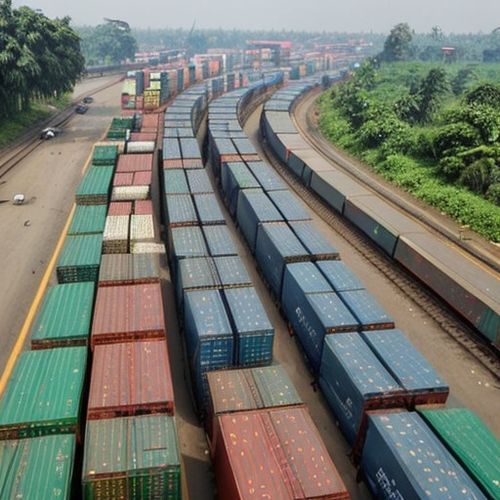
By Emily Johnson/Apr 5, 2025
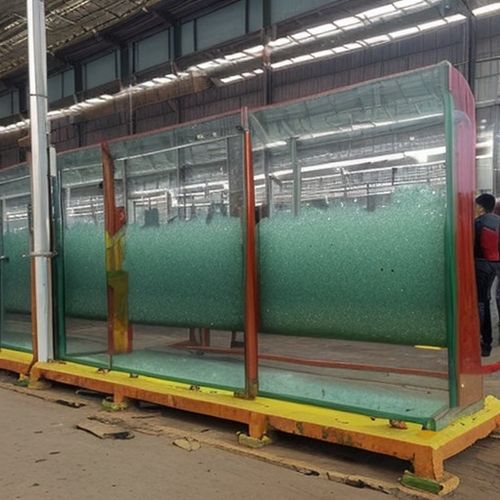
By Sophia Lewis/Apr 5, 2025

By George Bailey/Apr 5, 2025

By Amanda Phillips/Apr 5, 2025

By Emily Johnson/Apr 5, 2025

By Natalie Campbell/Apr 5, 2025

By Sarah Davis/Apr 5, 2025
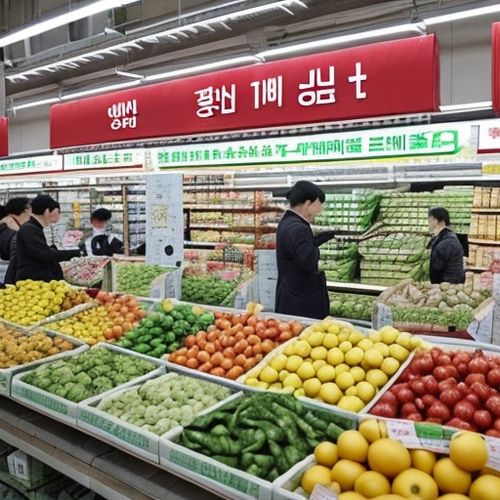
By Laura Wilson/Apr 5, 2025

By Samuel Cooper/Apr 5, 2025
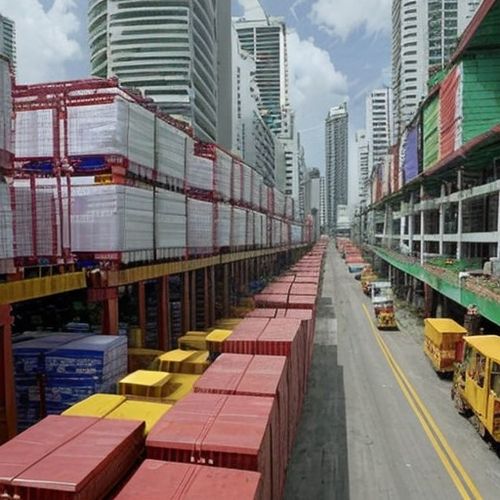
By James Moore/Apr 5, 2025

By Noah Bell/Apr 5, 2025
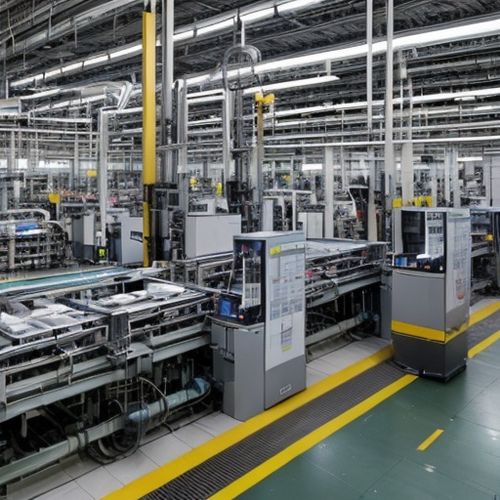
By Sarah Davis/Apr 5, 2025
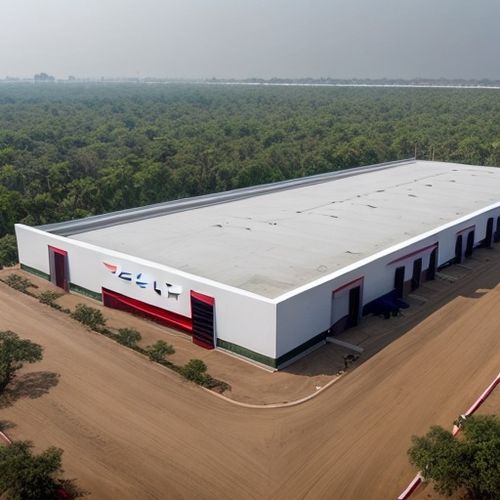
By Ryan Martin/Apr 5, 2025

By Christopher Harris/Apr 5, 2025
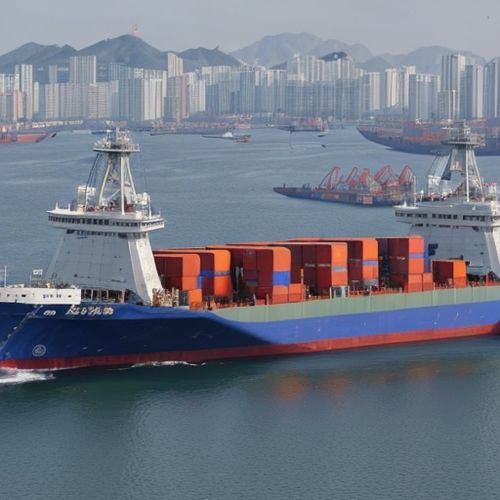
By Noah Bell/Apr 5, 2025

By Thomas Roberts/Apr 5, 2025

By Michael Brown/Apr 5, 2025

By George Bailey/Apr 5, 2025